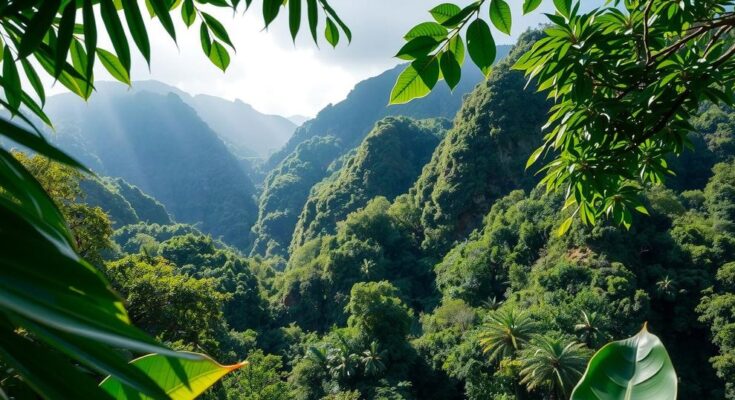In a significant shift, Costa Rica is now serving as a stopover for deportees from the U.S., including 135 individuals on a recent flight, half of whom are minors. Under an agreement with the Trump administration, these migrants will be taken from San Diego to a rural facility near the Panamanian border, awaiting deportation back to their home nations. Omer Badilla, Costa Rica’s deputy minister of the interior, stated that detainees might wait up to 30 days, with costs covered by the U.S.
This arrangement follows Secretary of State Marco Rubio’s visit to Costa Rica earlier this month, solidifying a deal that aligns with similar agreements made with other Latin American countries. However, this initiative has raised alarms among human rights advocates who fear for the welfare of those detained and the adequacy of asylum protocol, questioning the appropriate screening measures prior to deportation.
Costa Rican President Rodrigo Chaves acknowledged the arrangement as a gesture to support the U.S., described as their “economically powerful brother from the north.” He highlighted the pressure from the Trump administration on regional countries to assist in deportation efforts, sometimes using threats of tariffs to enforce compliance, as illustrated by Panama’s recent acceptance of 299 deportees.
While detained in Costa Rica, the deportees will be housed in a converted facility, facing scrutiny over the conditions. Badilla assured that his government strives to safeguard the rights of these individuals, mentioning involvement from U.N. officials and humanitarian agencies to monitor their situation. The former factory being used for this purpose faced criticism for inadequate conditions during prior inspections, prompting a promise of improvements, despite limited media access to the site.
The IOM has clarified its role, stating it does not directly engage in the restriction of movement for migrants but facilitates voluntary returns while ensuring human rights are respected. It remains committed to upholding international standards, providing support to all individuals affected by this new policy and advocating for dignified treatment throughout the process.
Costa Rica has become a stopover for U.S. deportees, including minors, as part of a new agreement with the Trump administration. Detainees will be held near the Panama border while awaiting deportation. Concerns over human rights and the treatment of these individuals have emerged, prompting involvement from humanitarian organisations to ensure their rights are respected during this process.
Costa Rica’s new role as a stopover for U.S. deportees, especially minors, raises critical human rights questions and ethical dilemmas. The arrangement highlights the complexities of international deportation policies and the inherent responsibilities of host countries to ensure the safety and rights of detainees. As the situation unfolds, it remains imperative to assess the true impact on those affected and ensure their treatment aligns with global human rights standards.
Original Source: www.clickorlando.com



